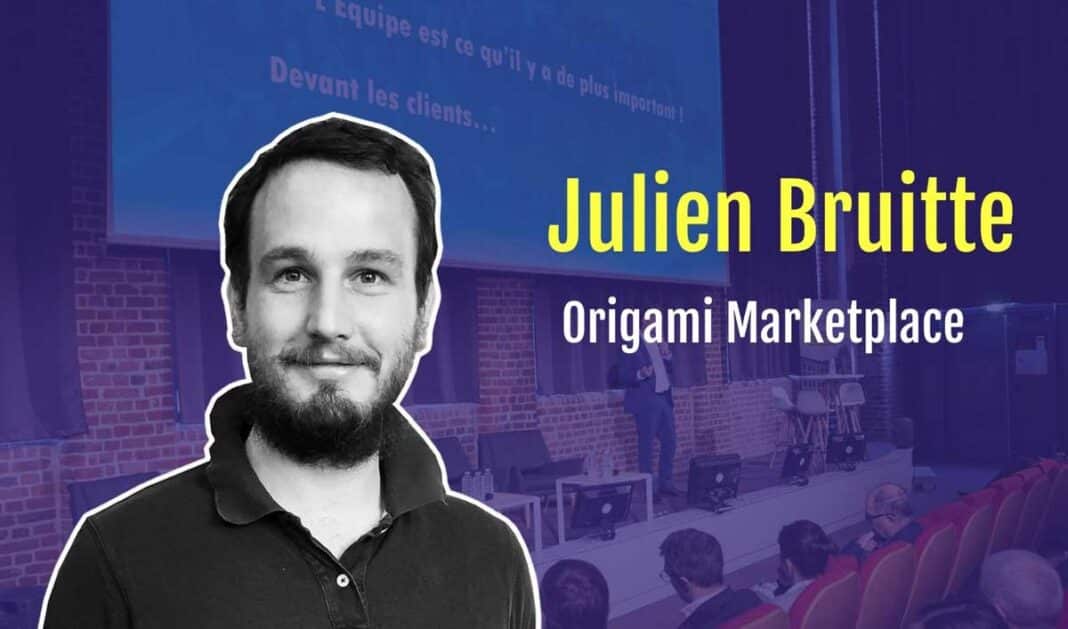With a view to reducing their social and environmental impact, Origami Marketplace offers companies the opportunity to combine the broad potential of the circular economy with the forces of digital. New lighting by Julien Bruitte, co-founder of Origami Marketplace, partner of brands and brands in their digital transformation and their CSR strategy.
More than a craze, will second-hand marketplaces be the future of the economy? ? The marketplace is one of the inevitable growth levers for any business. Whether for retailers, pure players or small traders, digital allows for more spontaneous purchases and the marketplace for access to a richer offer. These platforms are not always synonymous with mass consumption. They are also adapting to the circular economy. This market also appears, for many, like the model to follow. Indeed, it allows us to revalue products by providing a credible alternative to current environmental issues. Many platforms have emerged in particular on the second-hand market, and this in all sectors. Becoming popular with the general public and widespread by pure players and brands, this value proposition is also found among manufacturers who are determined to reduce their carbon impact and improve their image.
A necessary change in production methods
By being part of this process, the second-hand marketplace allows businesses to reduce their operating costs as well (For example, by allowing returns to be managed through sales to individuals) that the pollution emitted by their activities (by avoiding logistical back and forth between customers). Getting into second hand, it also means accessing an open-air market study on the behavior of your customers. The circular economy consolidates the credibility and reputation of companies that introduce it into their economic model. Origami Marketplace offers a “white label” solution allowing its clients to offer consumers alternatives. To carry out this mission, each company must implement an eco-responsible policy and mobilize at different levels. Review product purchasing strategies using reconditioned equipment or using unsold stock within the company. Put more emphasis on thinking about the product life cycle. The objective being to produce less and extend the lifespan of first-hand products. It is also about raising awareness among company stakeholders about the issues of the circular economy.. The objective of this approach is to inform, to educate and train employees and customers by informing them of the environmental impact of their equipment and their uses.












